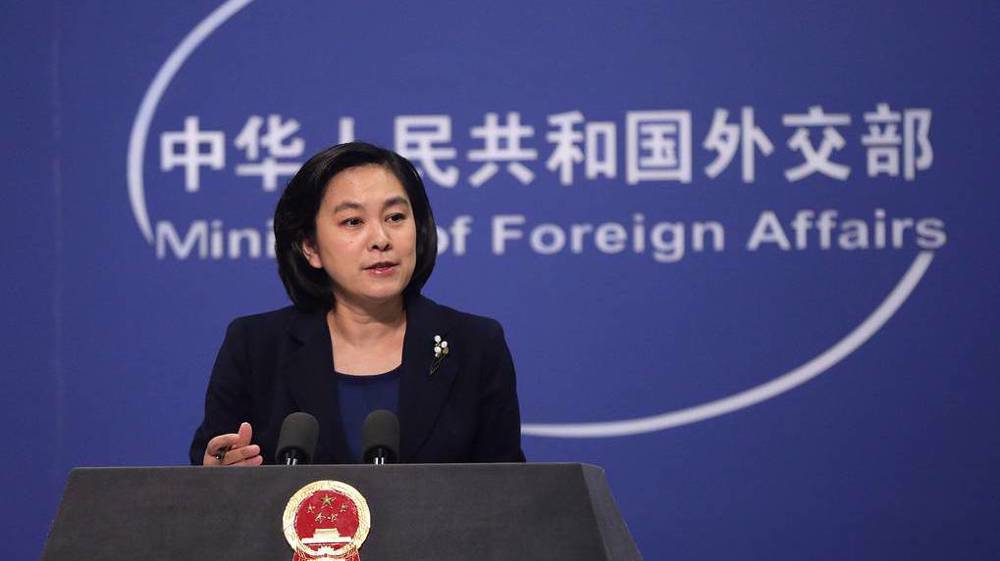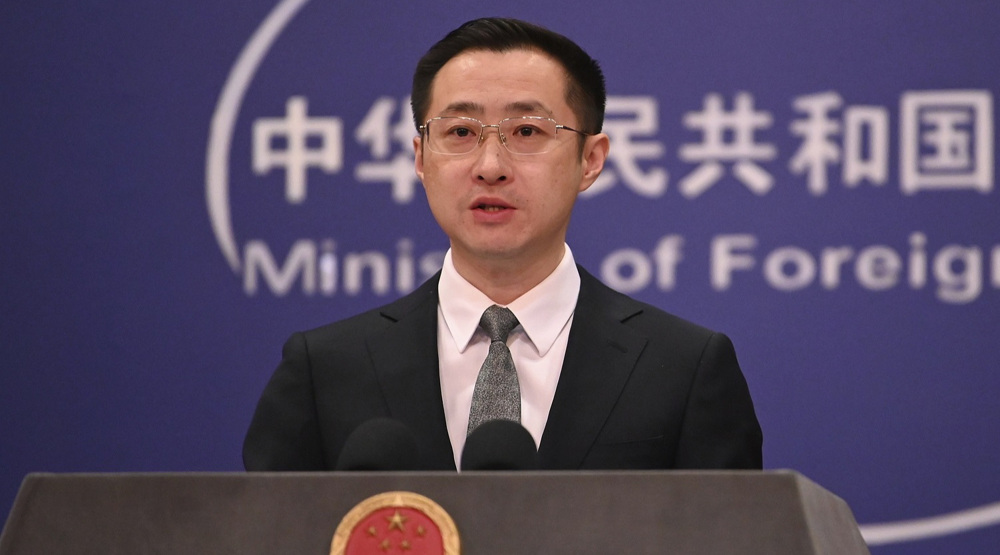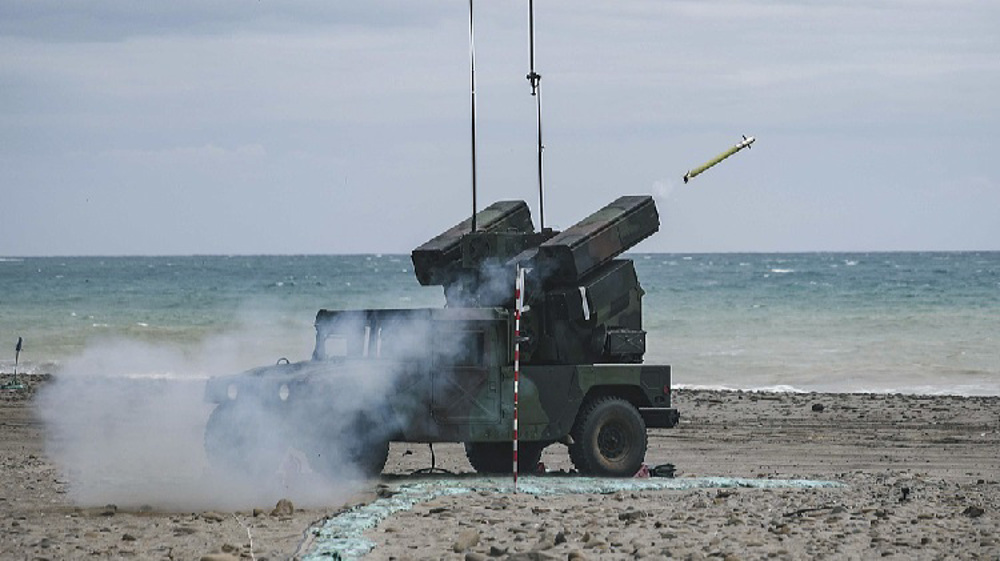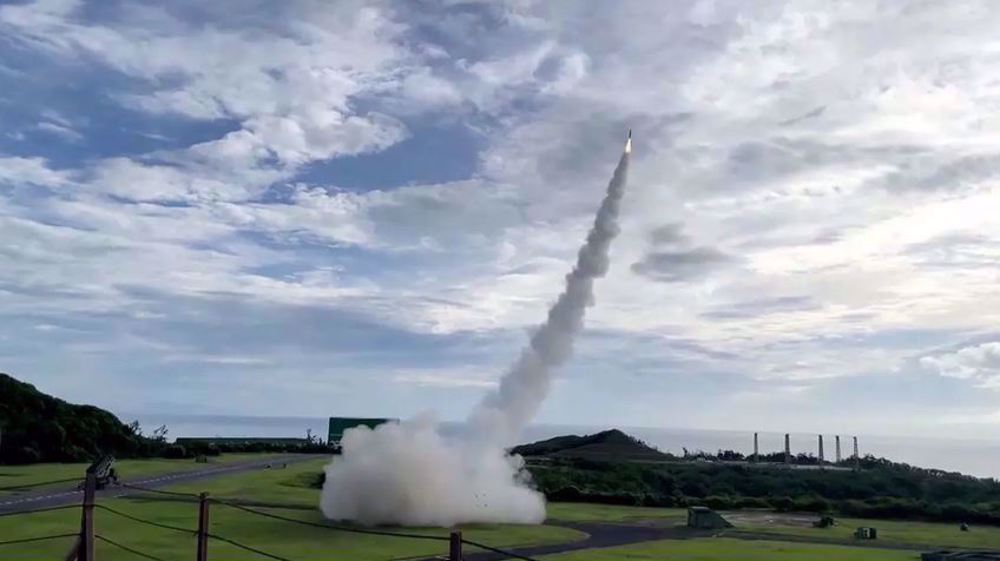China sanctions US officials in retaliation for bans over Uighur Muslims
Beijing has slapped sanctions on US officials, including two senators, in response to Washington’s recent bans against senior Chinese officials over allegations of mistreating the Uighur Muslim community in the western Xinjiang region.
Foreign Ministry spokeswoman Hua Chunying said during a daily briefing on Monday that Beijing had sanctioned four US officials, including Republican senators Marco Rubio and Ted Cruz.
She also unveiled “corresponding sanctions” against US Representative Chris Smith, Ambassador at Large for International Religious Freedom Sam Brownback and the Congressional-Executive Commission on China.
The Chinese official did not elaborate on what the sanctions entail.
“The US actions seriously interfere in China’s internal affairs, seriously violate the basic norms of international relations and seriously damage Sino-US relations,” Hua said.
“China will make further responses based on how the situation develops,” she added.
The decision was made three days after the US imposed sanctions against top members of China’s ruling Communist Party and three other officials.
Washington’s measures, however, include freezing of US assets, US travel and prohibiting Americans from doing business with them.
Last month, President Donald Trump signed legislation into law that allows for sanctions against Chinese officials over what it claimed to be the “arbitrary detention, torture and harassment” of the ethnic Muslim minority group in Xinjiang.
The ethnic minority of Uighurs — which makes up about 45 percent of the population in Xinjiang — has long accused the government in Beijing of cultural, religious, and economic discrimination.
China rejects the accusation and, in turn, accuses what it describes as exiled separatist groups of planning attacks in resource-rich Xinjiang, which is strategically located on the borders of Central Asia.
Last year, a UN human rights panel cited estimates that two million Uighurs and Muslim minorities had been forced into “political camps for indoctrination” in the autonomous region, which is home to about 10 million Uighurs.
Beijing has denied that accusation as well as other reports that Uighurs are unfairly marginalized, saying it is addressing underdevelopment and lack of jobs in heavily Uighur areas such as Xinjiang.
Chinese officials have also characterized the camps as “vocational education and employment training centers” for “criminals involved in minor offenses.”
Iranian diaspora in EU, UK deplore ban on national airline
VIDEO | Press TV's News Headlines
Israel’s military struggling with shortage of troops: Report
Iran calls for more efforts to establish peace in Gaza, Lebanon
Israel targets journalists in southern Lebanon to mask atrocities
Trump vs Harris: A choice between two deranged war hawks who cheer genocide in Gaza
Over 1,800 Palestinians killed in Israel’s month-long attacks in northern Gaza
UN official urges Egypt to seize Israel-bound arms ship MV Kathrin











 This makes it easy to access the Press TV website
This makes it easy to access the Press TV website